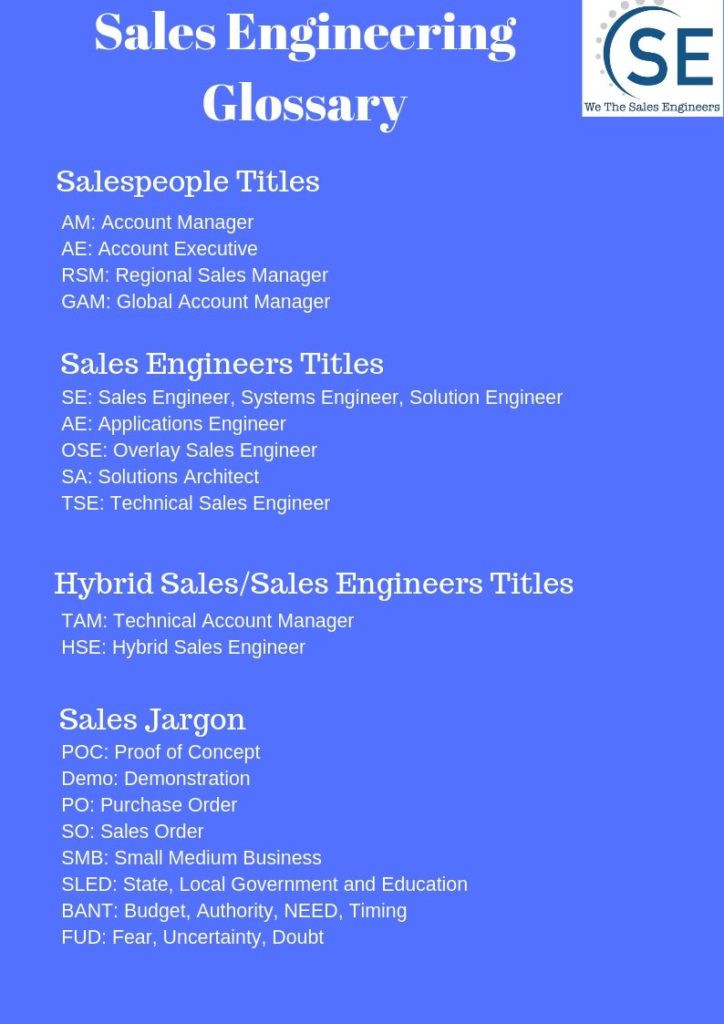Understanding Our Interviewer/Customer’s Language

By Ramzi Marjaba
Each industry has its own professional language. It is developed over years of people working together and being tired of using complete words and sentences, so it gets abbreviated into acronyms or shorter words. This happens in our day to day life too. I was hanging out with my wife’s 10 years younger than me cousins at a restaurant and one of them ordered a “cab suv”. I didn’t know what it meant at the time, and when I found out, I felt so old. If you don’t know what that means, welcome to the club and I refuse to explain it.
Back to the actual industry, while I worked at Alcatel-Lucent, I developed knowledge of terminology common to my industry like routing, backhaul, OSPF, LTE, services etc. I even developed knowledge of terminology specific to Alcatel-Lucent, such as NDE (Network Design Engineering), or IPRT, IPCC, that if you go to a direct competitor, will not actually help you with anything.
When it was time for me to move on from Alcatel-Lucent, I interviewed for a Systems Engineer role. I was killing that interview, I was explaining how OSPF works, drawing on the board, cracking self-deprecating jokes which the hiring manager seemed to enjoy. The hiring manager decided to be a buzzkill at that point and asked me “If your RSM says something completely wrong in a customer meeting, what would you do?”. All I could think off was what’s an RSM? I ended up asking more questions about the topic and then mumbling a semi-coherent answer that the hiring manager didn’t seem to mind. In hindsight, I should have just asked what an RSM was but I digress.
That brings us to the topic of conversation:
Why should we know the industry terminology?
We all need to understand each other. If we don’t understand the terminology that the customer is using, or in my case a hiring manager in an interview, how are we going to have a productive discussion?
Also having the right terminology will give us better credibility. I’m not just talking industry lingo here, I’m also talking about lingo specific to the customer. Notice how they talk to each other. Some of the acronyms they use internally, and once you develop a good relationship with them, get into more details of what these means. My customers use their own automation framework, I’ve asked several of them to show me how it looks like, how it works, and to explain to me what they like and dislike about it. I can use that information with other customers, not by giving out sensitive information about how something works, but by discussing common nuisances, common goals, and understand the industry as a whole.
That, in turn, allows me to relate to the customers better. They can see that I understand their industry, the trouble they go through and I empathize with them. I may even provide some consultation on how to solve problems they may have all because I understand the language and I dug deep.
When will you be using this terminology?
Well, I’ve already discussed a couple of different situations, but let me expand on those.
1- Interviews:
In my interview, I did not know what RSM meant. It would have been very useful if I understood what it meant, but I was able to overcome it by asking questions to figure out what answer the hiring manager was looking for. I’m pretty sure he figured out what I was looking but we never talked about it after and I got the job so I assume my answer was reasonable.
We may not always be this lucky. While I was doing my interviews, I interviewed with 4 other people. I know that if this has happened with 2 of the other interviewers, they would have voted against me.
The point being, if you are going into an interview, try, at the very least, to understand the industry terminology of the role you are going into. If you have a chance to discuss the interview with an acquaintance you know from that company ahead of time, then do that so you can get the organizational terminology.

2- Meeting Customers
I worked with 3 large Network Element Manufacturers (NEMs, another industry lingo) in my area, and although there were some common terminologies between the 3, they sometimes took the liberty of even changing the industry standard to something that only they would understand, and then ask me if we can help them with it. Suffice to say I was confused for a very long time when I started. Many of my conversations sounded like this:
Me: What you are describing sounds a lot like this industry standard commonly referred to as “X”.
Customer: Yes, but we like to call it “Y”
Me: Why?
Customer: Ask marketing!
Me: Sounds about right. Yes, we can help you!
It is not always easy to get each customer’s lingo, but if we meet them often enough, we can start picking it up. So there you go, another reason why we should be meeting customers more often.
3- Internal Meetings
Even within internal companies, there is some lingo to learn. When I first joined Alcatel-Lucent as a support engineer I had a mentor who, for the longest time, I thought she spoke in code. Turns out she did, but she never gave me the cipher.
First-day conversation:
Mentor: Ramzi we need to upgrade the SAR, I need you to check the RN to see if there are dependencies, check the CN to see if there are any known issue, modify the BOF to point to the new release of the site. Any questions? Good!
I stood there for a few seconds contemplating why I spent all this money on my education if they won’t even teach me simple things like SAR, RN, CN, and BOF. I then decided to go to another Lebanese guy who worked there and asked him what these all mean. That is when I learned these are all Alcatel-Lucent speak and there was no way I would have learned them before.
Even as I move from one company to another as an experienced professional, I had to learn more terminology. I’ve also noticed that different teams have different words for the same thing. For some reason when engineers work on a project, the code word they choose for it is either from Harry Potter, Lord of the Rings, or some other fantasy/comic book literature. Marketing changes the name to something we can use with the customers. But then when we talk to engineers, they keep using the code word and I have to bring out my code word to marketing word converter.
4- Conferences
Conferences are tricky since we don’t know who we are going to meet. If we do go to conferences and want to hold a discussion, we have to be able to speak both from within the topic of the conference, and without. For example, if there is a conference about IoT, if you or your salesperson is there and have not really studied IoT, how would you hold a conversation? You can always nod and mirror. You’d be the best listener in the world in that case, but how have you consulted your potential customer? How have you shared ideas?
The last section of this blog is:
How will you learn the terminology?
In my mind there are 2 ways to learn the terminology:
1- Research:
It is highly recommended that you research a company before going to meet with them if you’ve never met before. Many people are blogging and youtubing, like myself, however about the technology that they are working on. In most cases, they use the same terminology that their entire company would use. So there is one aspect of it.
Another aspect is to actually study the technology they are working on. For example, if they are looking to migrate their datacenter to the cloud, and you are there to sell them that service, you need to know the technology anyway. So you learn it and you are able to speak it.
2- Talking to other people:
I’m going to be completely transparent here, other than the technical terminology, I learned most of my customer’s lingo by actually being an employee for my biggest customer (Alcatel-Lucent) for close to 5 years. So I have to admit I knew the terminology long before I started my Sales Engineering Career.
However, for almost 4 years, I had other customers as well ranging from other NEMs to SLED, to startups. Most of the terminology that I learned there was by listening to the customer talk and asking questions if I didn’t understand something they said or by building relationships with individuals who are then able to guide me. Other then the startups, almost every customer that I’ve had has several teams, several departments, but the lingo was almost constant. So something I learn from one team I can use with another team, and presto, I’m one of the guys. Ok, maybe not presto, but pretty close.
Now my question to you, how important was getting to know your company or customer terminology? How was it helpful to you?
Stay in the loop
Subscribe to get our latest content by email.
Success! Now check your email to confirm your subscription.
